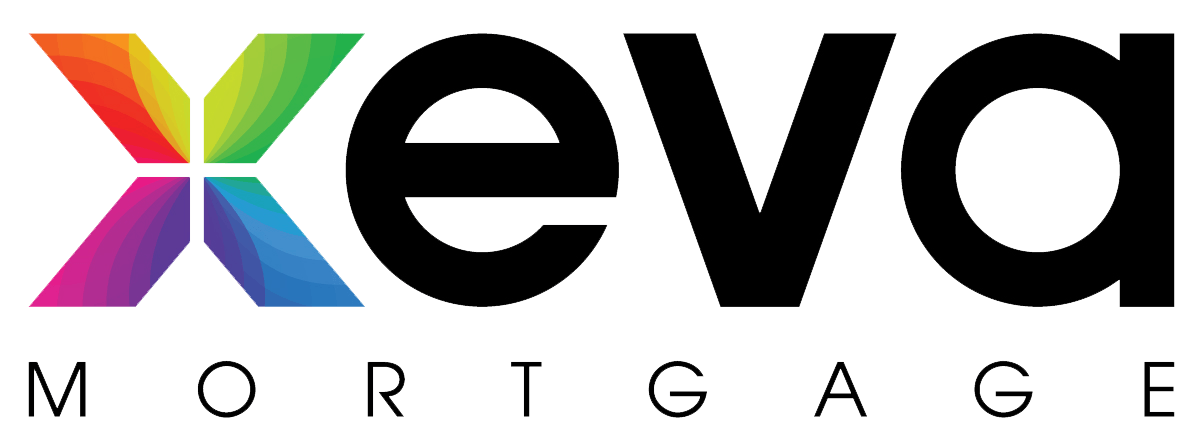Why Choose a Xeva Mortgage Professional
It’s very exciting to be able to share this video with you! Xeva mortgage has just started producing videos focusing on consumer education. This video serves as an introduction and shares some of the advantages in choosing a Xeva Mortgage Professional.
The benefits of being associated with Xeva are incredible. Simply put, because we are such a big group of very high producing mortgage brokers, we have access to the top products and best rates with every lender we work with. However it is more than just access to these lenders and products that makes us special… it’s also the quality of our business. Because we broker such a high quantity of high quality mortgages, we have been able to develop amazing relationships with our lenders.
Anyone who knows good business knows that results are built on trust and relationship. Our goal is to build both trust and a great long term relationships with our clients AND our lender partners.
Xeva continues to develop a reputation for excellence, most recently being named as a finalist for the The CFF Bank Award For Best Newcomer, Mortgage Broker Firm (in Canada) at the 2015 CMP Mortgage Awards.
So what does Xeva mean anyway?
“I have aspiration, hope and guidance. Because I am intuitive and perceptive, I understand human nature. I am versatile and I have the power to achieve.
I am inspired, introspective and have a good understanding of the human heart. I desire to inspire and to lead, to influence each others’ affairs.
I am giving, courageous and bold; action oriented, energetic and strong-willed. I want to make a difference!”
TRANSCRIPT FROM THE VIDEO
Why choose a Xeva mortgage professional? It is simple. When you are purchasing a home and needing a mortgage, you can go to a local bank and accept one of their products only available to that institution, or you can sit down with a Xeva mortgage professional. A Xeva mortgage professional has access to a wide range of lenders that will be competing for your business therefore offering a variety of products for you to choose from and will offer the best interest rates available.
There is a benefit to use a Xeva mortgage professional as we have access to more than 50 lenders, including Canada’s largest banks, credit unions, trust company and private lenders.
This can be an overwhelming process for most consumers. Having an educated mortgage professional guide you through this transaction can relieve stress, save you time and money. We educate you about mortgage options with over 50 lenders to create the best long-term solution for you and your family. Unlike dealing with the bank staff and other brokers, trust that your Xeva mortgage professional will be here throughout the life of your mortgage to serve you from now and in the future. At Xeva Mortgage we take the time to understand your financial goals. Your Xeva mortgage professional will find the mortgage that suits you best, all with flexible terms to help you pay off your mortgage years sooner and save you thousands of dollars in interest.
Are you self-employed or new to Canada? Xeva mortgage professionals also have access to the best programs specifically designed for you! By choosing a Xeva mortgage professional you can rest assured knowing you have a licensed individual and team of professionals looking after your best interest and not the banks. Did I mention the best part? In most instances our services are free and we offer the best interest rates in the industry. Xeva’s lender partners compensate us so you don’t have to.
SHARE THIS ARTICLE
RECENT POSTS









